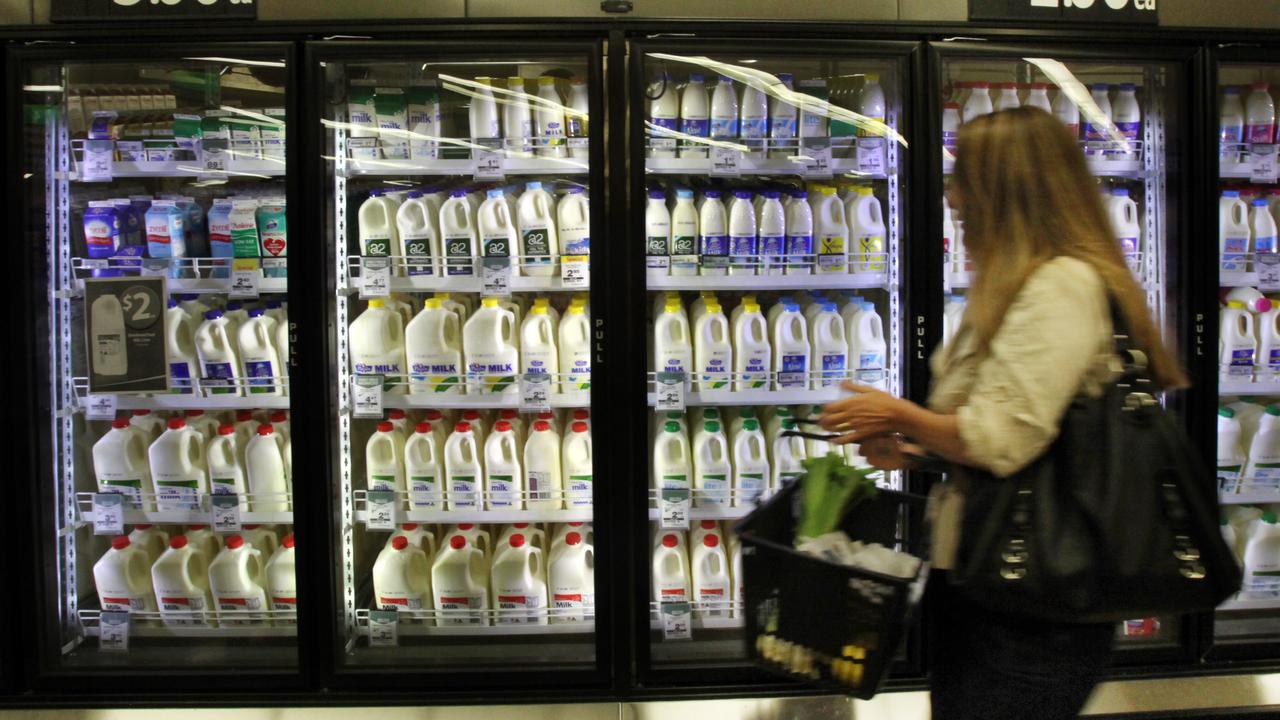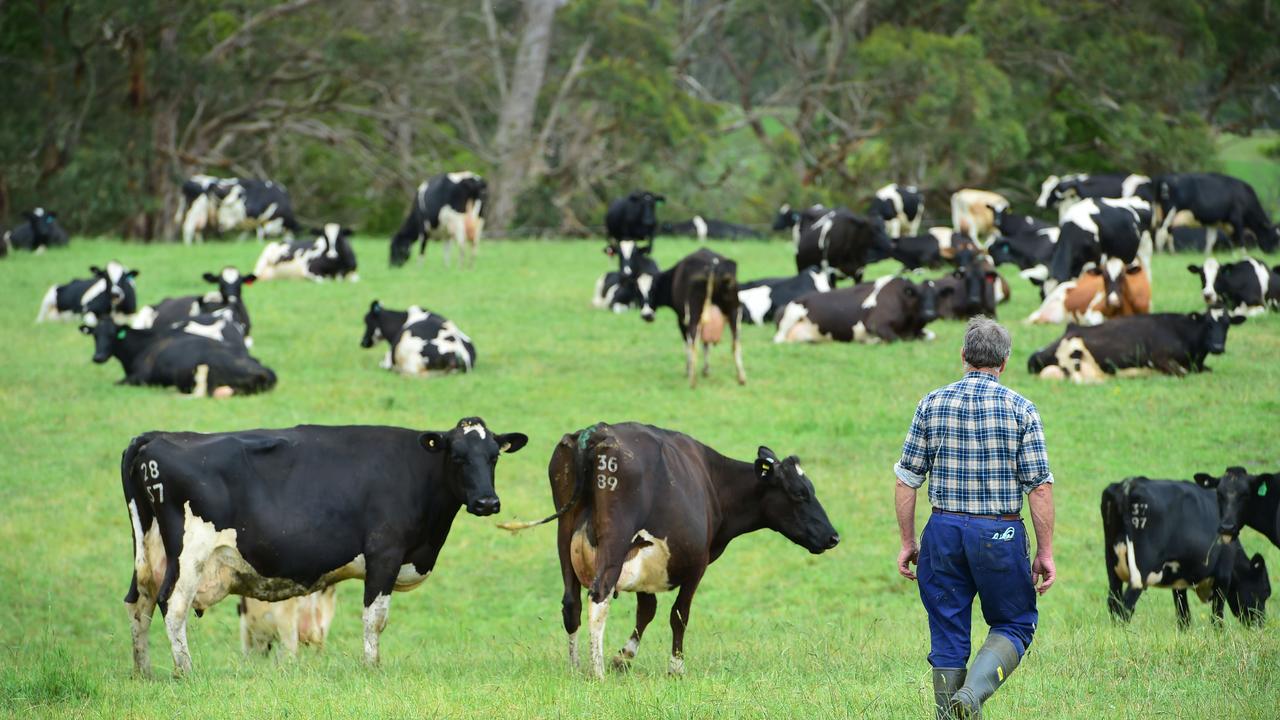Rain is the good news we need right now
Halle-bloody-lujah. There’s at last some good news, writes Ed Gannon.

YOU want some good news? Well, here it is — rain.
Heaps of it. In the right places and at exactly the right time.
Halle-bloody-lujah.
After years of false starts and dry springs, the growing season for much of Australia’s crops has been given a shot in the arm many thought they would ever see again.
And possibly put to bed rumblings among some farm groups about Australia’s ability to feed itself.
April is a crucial month for our food producers – and our food supply.
It is the planting month for crops such as wheat, oats, barley and canola.
Crops that go into crucial staples such as bread, cereals and thousands of manufactured products. And beer, of course.
Traditionally Anzac Day is the deadline to determine if the nation will have a good crop.
If rain hasn’t fallen by then, growers face the risk of planting a crop that won’t germinate.
Rain before that – and the more the better — and growers can plant with confidence they will get to the summer harvest, even if spring rain is not that flash.
The past week’s rain ought to bring comfort to those who have started to pay attention to our food supply.
Until the coronavirus crisis hit, few gave thought to how much food Australia produces, how long it takes to get to the supermarket — and how quickly it can disappear from shelves.
While the toilet paper appears to be a more regular sight on shelves, foodstuffs such as flour and rice are still rare.
Federal Agriculture Minister David Littleproud has been proudly claiming Australia produces enough food to 75 million people, yet we have a population of just 25 million.
It is based on the fact we export about 60 per cent of everything we produce.
That is not to say that every item on Australian supermarket shelves is produced locally.
We live in a global economy — even amid COVID-19 — so while we proudly export, it stands to reason that other countries will send food here.
For instance, despite the US’ cattle producers’ frequent boast that they are the greatest beef producers in the world, we have sent 268,000 tonnes of beef to America in the past 12 months.
But in return we import a lot of American oranges and lemons to make up the shortfall in our off-season.
We have Italian tinned tomatoes, frozen fish from Thailand and ham from Denmark.
Some have questionable economics behind them (arriving here below the cost of production) others fill a need we can’t fulfil.
Now there is a debate underway around the 75 million claim, with groups of farmers — mainly irrigators in northern Victoria and southern NSW — claiming the Federal Government’s Murray Darling Basin water policies have taken so much water from farmers, our domestic food supply is at risk.
This week the groups wrote to Prime Minister Scott Morrison saying as much.
They have a point. There is no doubt the ability of farmers to produce mainly milk and rice in those areas has been severely knocked about by water being taken from farmers and sent down the Murray River to fill highly evaporate lakes at its mouth.
But equally valid is the response from other farmers – led by the Nationals Farmers’ Federation — that the claim we will struggle to feed ourselves is wrong, and could dangerously provoke more panic buying.
It would be a fair observation that the irrigators have seen an opportunity to make a point.
Hopefully the rain continues and washes away any notion we will run short of food.
• Ed Gannon is Editor of The Weekly Times
MORE
RAIN GIVES FARMERS A CONFIDENCE BOOST



